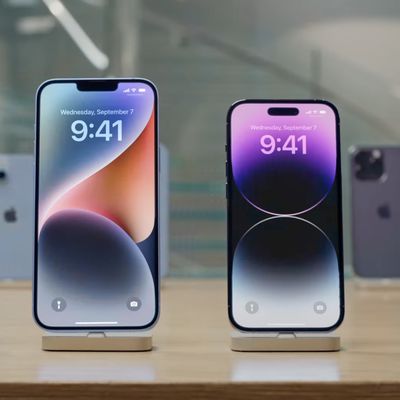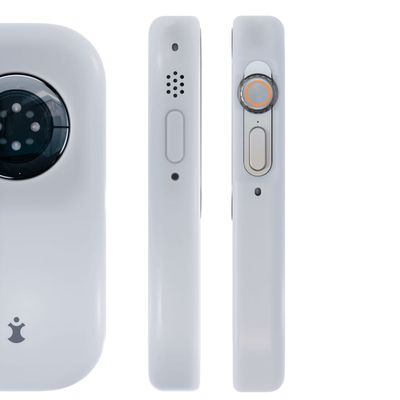Apple's $1.1 Billion Patent Dispute With Caltech Granted New Damages Trial
Apple and its supplier Broadcom today convinced a U.S. appeals court to reject a jury verdict that required them to pay $1.1 billion for infringing on Wi-Fi patents that belong to the California Institute of Technology (via Reuters).

In 2016, Caltech accused Apple and Broadcom of infringing on its patents related to the Wi-Fi technology used in many Apple devices. Caltech's patents, granted between 2006 and 2012, are highly technical and relate to IRA/LDPC codes that utilize simpler encoding and decoding circuitry for improved data transmission rates and performance. The technologies are implemented in both the 802.11n and 802.11ac Wi-Fi standards used by many Apple products.
In the court filing with the U.S. District Court for Central California, Caltech accused Apple of selling various iPhone, iPad, Mac, and Apple Watch models, along with other Wi-Fi products, that incorporate these IRA/LDPC encoders and/or decoders and thereby infringe upon four of Caltech's patents. Broadcom, as one of Apple's main suppliers of Wi-Fi chips, was also named in the complaint. At the time, Apple used Broadcom chips in the Apple Watch, iPhone, and iPad, as well as the MacBook Air, MacBook Pro, and iMac.
In 2020, a jury verdict ordered Apple and Broadcom to collectively pay Caltech a fine of $1.1 billion for the patent infringements. Apple was ordered to pay $838 million, while Broadcom was ordered to pay $270 million. Apple hoped to invalidate one of the patent claims, but this was subsequently declined by the U.S. Court of Appeals.
The U.S. Court of Appeals for the Federal Circuit today declared that the $1.1 billion award, which is one of the largest in U.S. history for a patent dispute, was not justified and ordered a new trial. The new damages trial will only reconsider Caltech's awarded sum, rather than revisiting the patent infringement itself.
Popular Stories
Apple will adopt the same rear chassis manufacturing process for the iPhone SE 4 that it is using for the upcoming standard iPhone 16, claims a new rumor coming out of China. According to the Weibo-based leaker "Fixed Focus Digital," the backplate manufacturing process for the iPhone SE 4 is "exactly the same" as the standard model in Apple's upcoming iPhone 16 lineup, which is expected to...
Apple typically releases its new iPhone series around mid-September, which means we are about two months out from the launch of the iPhone 16. Like the iPhone 15 series, this year's lineup is expected to stick with four models – iPhone 16, iPhone 16 Plus, iPhone 16 Pro, and iPhone 16 Pro Max – although there are plenty of design differences and new features to take into account. To bring ...
Israel-based mobile forensics company Cellebrite is unable to unlock iPhones running iOS 17.4 or later, according to leaked documents verified by 404 Media. The documents provide a rare glimpse into the capabilities of the company's mobile forensics tools and highlight the ongoing security improvements in Apple's latest devices. The leaked "Cellebrite iOS Support Matrix" obtained by 404 Media...
If you have an old Apple Watch and you're not sure what to do with it, a new product called TinyPod might be the answer. Priced at $79, the TinyPod is a silicone case with a built-in scroll wheel that houses the Apple Watch chassis. When an Apple Watch is placed inside the TinyPod, the click wheel on the case is able to be used to scroll through the Apple Watch interface. The feature works...
A widespread system failure is currently affecting numerous Windows devices globally, causing critical boot failures across various industries, including banks, rail networks, airlines, retailers, broadcasters, healthcare, and many more sectors. The issue, manifesting as a Blue Screen of Death (BSOD), is preventing computers from starting up properly and forcing them into continuous recovery...
Apple is seemingly planning a rework of the Apple Watch lineup for 2024, according to a range of reports from over the past year. Here's everything we know so far. Apple is expected to continue to offer three different Apple Watch models in five casing sizes, but the various display sizes will allegedly grow by up to 12% and the casings will get taller. Based on all of the latest rumors,...





















